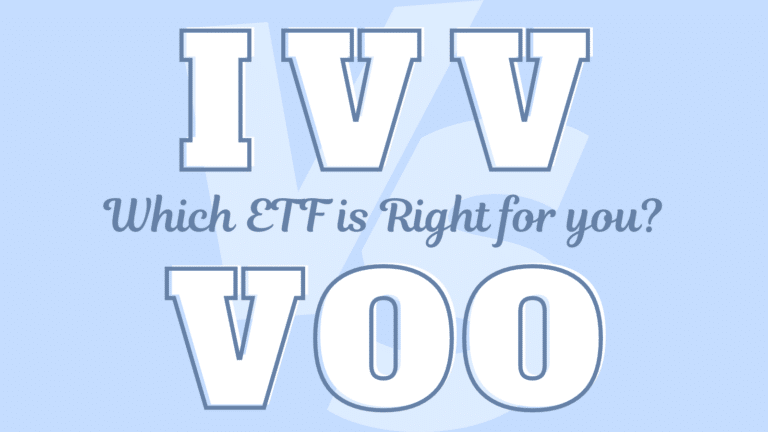Did you know that more than half of American households have a retirement savings account? One of the most popular accounts is the 401(k), an investment tool that can help you save money for retirement. But many Americans are worried about the safety of their 401(k) savings. Some people fear that creditors can access their funds to pay off debts, while others worry that the government can take 401(k) for things like student loans or even war.
Luckily, these scenarios are not very likely. Creditors cannot touch your 401(k) savings, and the government can only seize them in very rare cases. Let’s take a closer look.
Your 401(k) Is Safe in Most Cases
Your 401k asset is protected by the Employee Retirement Income Security Act (ERISA) of 1974. This law considers your 401k a “qualified retirement plan,” Thus, it is protected if you file for bankruptcy. Even if you owe debts to commercial creditors or the government, your 401k should be safe in most cases.
Furthermore, the Internal Revenue Code (IRC) provides additional protections for 401k assets. The IRC prohibits the assignment or alienation of retirement plan benefits, which means creditors cannot simply seize your retirement savings to pay off debts.
You may be wondering whether these protections are effective in practice. Fortunately, a study by the Investment Company Institute (ICI) found that 401k assets are generally protected from creditor claims. The study revealed only 1.5% of households with defined contribution retirement accounts had their assets frozen, while 0.2% had their assets seized or subject to a legal order.
However, these rules have a few exceptions, such as unpaid federal taxes or child support.
Related Reading: Is a 401k Worth It Anymore in 2023? Pros & Cons
What Cases Can the Government Take Money from Your 401(k)?
Unpaid Federal Taxes
Yes, the government can take your 401(k) if you owe back taxes. But this is typically the last resort option for the government and is only done in extreme cases.
Under the IRS’s collection procedures, the government can issue a levy against your 401(k) account if you have an unpaid tax debt. Then, the government can legally take a portion of your 401(k) balance to satisfy the tax debt.
The amount that the government can take depends on several factors, including the amount of the tax debt, the value of your 401(k), and whether or not you have other assets that can be seized. However, the government generally cannot take your entire 401(k) balance.
It’s important to note that the government will follow specific legal procedures before seizing your 401(k) account. The IRS will usually work with you to set up a payment plan or negotiate a settlement before resorting to more drastic measures like taking money from your retirement account.
Divorce and Child Support
When you get divorced, the government will not take your 401(k) savings directly. However, the court may require you to give your spouse a portion of your 401(k) as part of the divorce settlement.
Dividing a 401(k) in a divorce typically involves a Qualified Domestic Relations Order (QDRO). This is a legal document that outlines how your 401(k) will be divided, and how the funds will be transferred from your account to your spouse’s.
If you fail to fulfill your obligations, the court will order you to withdraw funds from your 401(k) to pay outstanding amounts. Besides, if you owe a significant amount of unpaid child support or alimony, the QDRO can make your ex-spouse an “alternate payee” of your 401(k) account. Then, the funds in your 401(k) will be paid directly to your ex-spouse instead of to you.
Conclusion
In the previous section, we discussed two situations where the government can take your 401(k). But these situations are super rare, and the government always gives you a heads-up before doing anything.
And if you ever go bankrupt, the government has got your back. They’ll protect your 401(k) from creditors to keep your money safe.
So, don’t stress about the government taking your 401(k) for student loans or war. That won’t happen, and your 401k is almost always secure.










